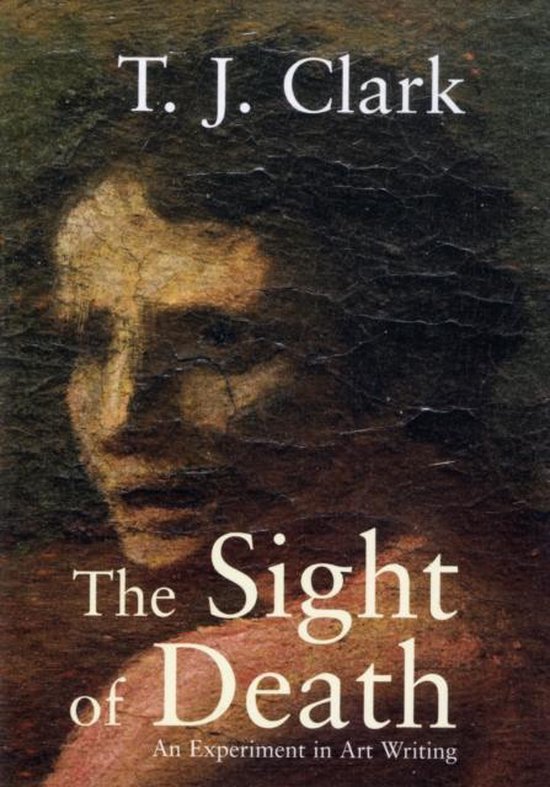
Sight of Death
Addresses questions such as: Why do we find ourselves returning to certain pictures time and again? What is it we are looking for? And how does our understanding of an image change over time?
A renowned art historian confronts the specific powers of painting, and the hold of the visual image on the viewer's imagination
Why do we find ourselves returning to certain pictures time and again? What is it we are looking for? How does our understanding of an image change over time? In his latest book T. J. Clark addresses these questions—and many more—in ways that steer art writing into new territory.
In early 2000 two extraordinary paintings by Poussin hung in the Getty Museum in a single room, Landscape with a Man Killed by a Snake (National Gallery, London) and the Getty's own Landscape with a Calm. Clark found himself returning to the gallery to look at these paintings morning after morning, and almost involuntarily he began to record his shifting responses in a notebook. The result is a riveting analysis of the two landscapes and their different views of life and death, but more, a chronicle of an investigation into the very nature of visual complexity. Clark’s meditations—sometimes directly personal, sometimes speaking to the wider politics of our present image-world—track the experience of viewing art through all its real-life twists and turns.
A renowned art historian confronts the specific powers of painting, and the hold of the visual image on the viewer's imagination
Why do we find ourselves returning to certain pictures time and again? What is it we are looking for? How does our understanding of an image change over time? In his latest book T. J. Clark addresses these questions—and many more—in ways that steer art writing into new territory.
In early 2000 two extraordinary paintings by Poussin hung in the Getty Museum in a single room, Landscape with a Man Killed by a Snake (National Gallery, London) and the Getty's own Landscape with a Calm. Clark found himself returning to the gallery to look at these paintings morning after morning, and almost involuntarily he began to record his shifting responses in a notebook. The result is a riveting analysis of the two landscapes and their different views of life and death, but more, a chronicle of an investigation into the very nature of visual complexity. Clark’s meditations—sometimes directly personal, sometimes speaking to the wider politics of our present image-world—track the experience of viewing art through all its real-life twists and turns.
| Auteur | | T. J. Clark |
| Taal | | Engels |
| Type | | Paperback |
| Categorie | | Kunst & Fotografie |